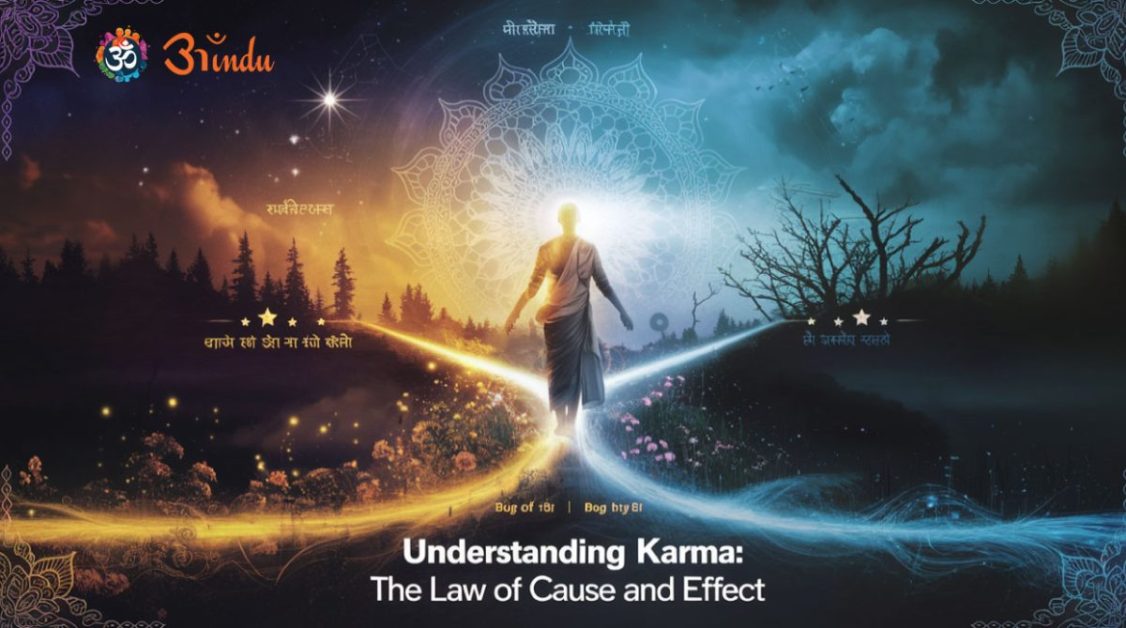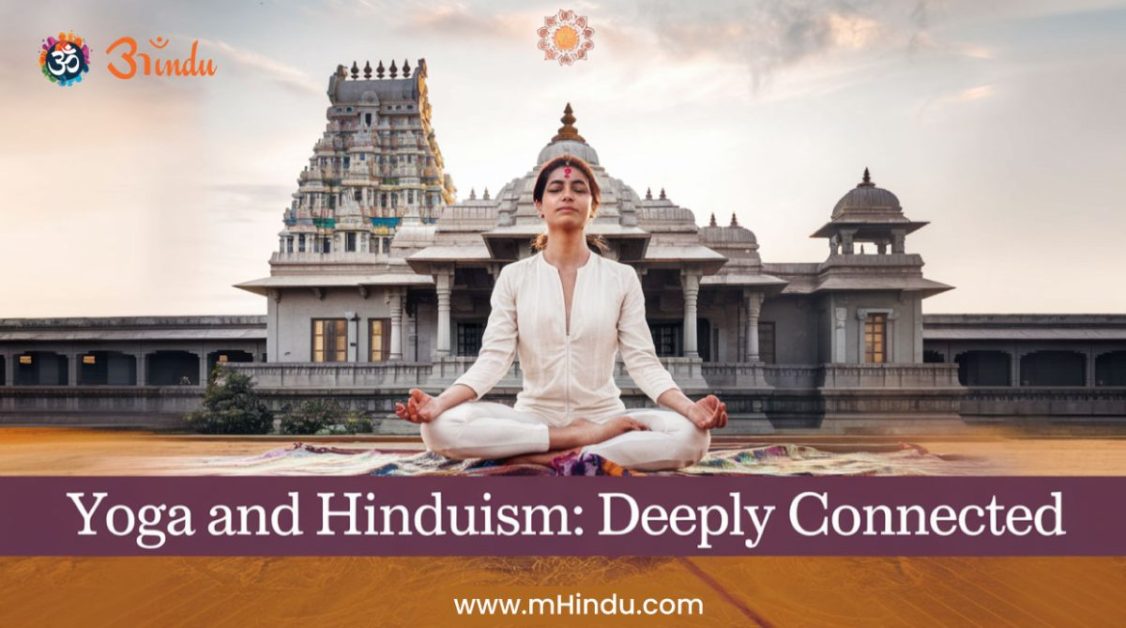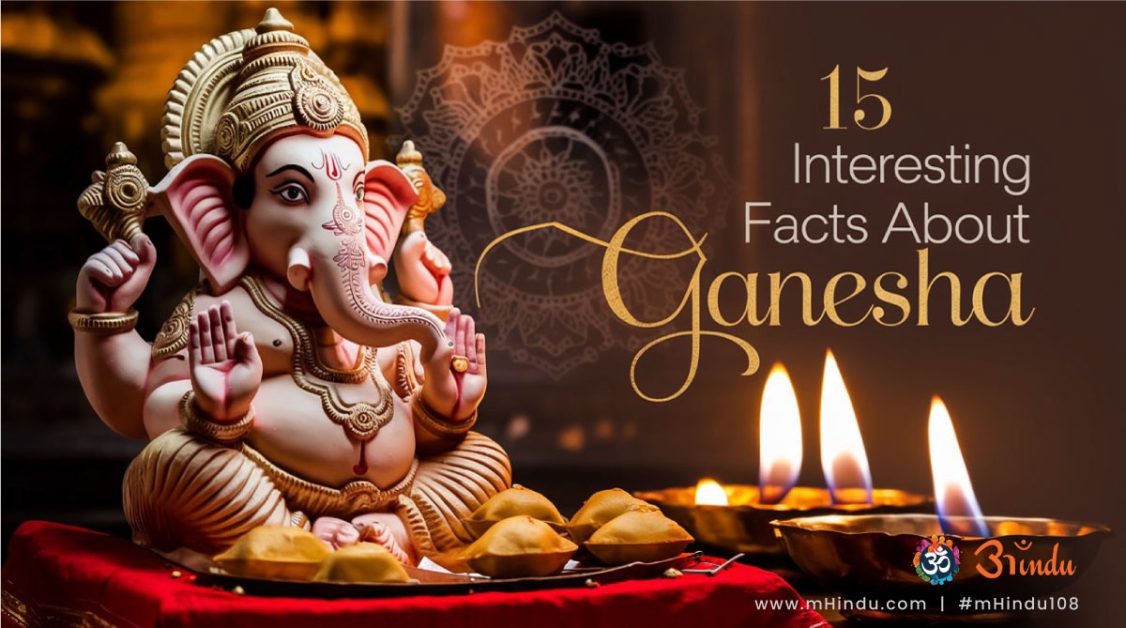
Understanding Karma, the Sanskrit word for “action,” is a fundamental principle in Hinduism and other Dharmic religions. It’s not simply a concept; it’s a universal law, the law of cause and effect, governing all actions and their inevitable consequences. This blog post offers a comprehensive exploration of Understanding Karma, delving into its meaning, its various types, its connection to reincarnation, and its profound implications for how we live our lives.
Explore Blog Content
ToggleKarma: More Than Just Fate
Understanding Karma is often misunderstood as pre-determined fate. However, it’s more nuanced than that. While past actions influence our present circumstances, we are not mere puppets of destiny. We possess free will, and our present choices shape our future. Understanding Karma empowers us to take responsibility for our lives and create a better future.
The Mechanics of Karma: Action and Reaction
At its core, Understanding Karma is the principle that every action, whether physical, verbal, or mental, creates a corresponding reaction. This is not merely a moral principle; it’s a cosmic law, much like the laws of physics. Every deed, thought, and word generates karmic energy that will eventually return to the doer, shaping their experiences and future.
"The concept of karma is not unique to Hinduism; it's also a central tenet in Buddhism, Jainism, and Sikhism, though interpretations may vary slightly."
The Three Types of Karma: A Detailed Breakdown
Hindu philosophy typically categorizes Understanding Karma into three types:
- Sanchita Karma (Accumulated Karma): This is the vast storehouse of all the karmas accumulated from countless past lives. It’s like a cosmic bank account containing all our actions, both good and bad, waiting to ripen and bear fruit. It’s the foundation upon which our present life is built.
- Prarabdha Karma (Fructifying Karma): This is the portion of Sanchita Karma that is ripe and ready to be experienced in the present lifetime. It’s the karma that has “sprouted” and determines the circumstances of our current birth, including our family, health, opportunities, and challenges. We cannot escape experiencing this karma.
- Kriyamana Karma (Current Karma): Also known as Agami Karma, this is the karma we are creating in the present life through our actions, thoughts, and words. This is the karma we have control over, and it will be added to our Sanchita Karma, influencing our future lives. It emphasizes the power of our present choices.
Karma and Reincarnation: The Cycle of Birth and Death
The concept of Understanding Karma is inextricably linked to the cycle of reincarnation (samsara). It’s believed that we are born again and again to experience the consequences of our past actions, both positive and negative. Our karma shapes our future births, determining the circumstances of our lives, our experiences, and our opportunities for spiritual growth. This cycle continues until we achieve liberation (moksha).
Karma and Free Will: The Power of Choice
While Understanding Karma emphasizes the consequences of our actions, it doesn’t negate the existence of free will. We have the power to choose how we respond to the situations we face and how we act in the present moment. Our choices create new karma, which will influence our future. So, while we cannot change our past karma, we can shape our future through our present actions and intentions.
The Role of Intention: The Seed of Action
In Understanding Karma, intention plays a critical role. An action performed with a pure and selfless intention may have different consequences than the same action performed with selfish or malicious intent. The quality of our karma is determined not just by the outward act but also by the inner motivation behind it. Cultivating pure intentions is essential for creating positive karma.
"The best way to find yourself is to lose yourself in the service of others."Mahatma Gandhi
Living a Karmically Conscious Life: Mindful Action
Living a karmically conscious life involves cultivating mindfulness in our actions, thoughts, and words. It means taking responsibility for the choices we make and striving to act with compassion, integrity, and wisdom. It means understanding that our actions have ripple effects, impacting not only ourselves but also others and the world around us.
Karma and Divine Justice: Cosmic Balance
The law of Understanding Karma provides a framework for understanding justice in the universe. It suggests that there is an inherent order and balance, and that ultimately, everyone will experience the consequences of their actions, whether in this life or a future one. It offers a sense of hope and reassurance that justice will prevail, even if it’s not always immediately apparent.
Karma and Spiritual Growth: A Path to Liberation
Understanding Karma can be a powerful catalyst for spiritual growth. It encourages us to reflect on our actions, purify our intentions, and strive to live a more dharmic life. It reminds us that we are the architects of our own destiny and that we have the power to shape our future through our choices. By understanding karma, we can break free from negative patterns and move towards liberation.
Conclusion: Embracing Responsibility and Choice
Understanding Karma is a profound principle that offers valuable insights into the nature of reality, our own lives, and our connection to the universe. It’s a call to conscious living, reminding us that every action, thought, and word matters. By embracing the principles of karma, we can cultivate greater self-awareness, make more ethical choices, and ultimately create a more positive and fulfilling life for ourselves and others.
FAQs Section
- What is karma in simple terms?
Karma is the law of cause and effect. Every action has a corresponding reaction. - How does karma affect our lives?
Karma shapes our experiences, circumstances, and future lives through the cycle of reincarnation. - What are the three types of karma?
Sanchita (accumulated), Prarabdha (fructifying), and Kriyamana (current). - Does karma mean we have no free will?
No, we have free will to choose our actions, which create new karma. - How important is intention in karma?
Intention is crucial; actions with good intentions have different karmic consequences. - How can I live a more karmically conscious life?
Be mindful of your actions, thoughts, and words; strive for compassion and integrity. - Does karma explain suffering in the world?
Karma suggests suffering results from past actions, offering a framework for understanding cosmic justice. - How can understanding karma help me spiritually?
It encourages self-reflection, purification, and conscious living, essential for spiritual growth.






